Incredible people have spent time at BHC as medical residents, interns, pre-med students, and clinical research coordinators as a waypoint in their educational journeys. As a part of our mission, we train upcoming medical professionals and researchers to help be a product of change in the medical and scientific fields surrounding these illnesses. In the following post, Dr. Grach reflects on her time at BHC doing a clinical rotation as a Mayo Internal Medicine resident.
“The problem before us is so to exchange information, and so to educate men through travel that there shall develop a…system of medicine which will combine the best elements to be found in all countries.” – Dr. Charlie Mayo, 1936 [1]
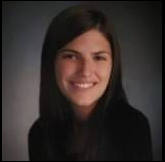
Looking back at my experiences as a physician-in-training before residency, I can remember multiple times when patients presented with symptoms that my attendings couldn’t quite explain to me. The good ones could empathize but generally had little to offer; others would simply move on to whichever tangible condition they wanted to address instead. We passively learned through the hidden curriculum that the symptoms of patients with fibromyalgia or variances of such should be met with doubt, that most likely whatever they had would not have actual pathology. These encounters never sat right with me, but what was I to say when I had no knowledge of what was happening anyway, and certainly no degree to back up any conjecture? That changed when I became a resident at Mayo. Suddenly, I had attendings who could explain fibromyalgia or POTS to me with scientific pathophysiology, and even had ideas for management that actually helped. I was finally able to confidently validate my patients and their symptoms, which was nothing short of exhilarating for me after sitting essentially useless on the sidelines of my prior experiences. But, I knew that I had much more still to learn – after years of falsely learning that there was nothing to do for fibromyalgia, what was there for me to actually know about the other “medically unexplained syndromes,” like ME/CFS?
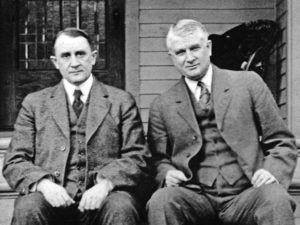
The difference between the Bateman Horne Center patient visits and my old encounters was palpable. Even in many severe cases, there was hope, and gratitude for the progress being made. Amongst the clinic activities, I was also able to learn about and help in research with important implications for post-viral and complex chronic illness. Morning case discussions, virtual national lectures, and patient Q&A sessions allowed frequent occasions to learn from each other and from patients; and in all of these events, I was impressed by the humility with which providers approached each learning opportunity. Watching the 10-Minute NASA Lean Test and seeing the physiologic dynamics of ME/CFS and orthostatic intolerance as it happened was an eye-opening experience after only having read the reports of tilt tables before. Most amazingly, in a field where most providers had nothing to offer, I was in a place where every patient I talked to reported at least some meaningful degree of improvement because of the Bateman Horne Center.
I feel so lucky to have seen the results of years of immeasurable hard work by Dr. Bateman and her team through my rotation – I felt like I was seeing history finally changing. Getting to learn new diagnostic and management techniques has given me again a new excitement about being in the field. Coming from a clinic that has long been synonymous with hope for many unusual or complicated diseases, I am proud to have the opportunity to build on my skills to become an effective provider for patients with complex chronic illness who may seek help at Mayo.
I am extremely grateful to both my program for supporting me in my endeavors and to the Bateman Horne Center for welcoming me with open arms. I also look forward to sharing my knowledge in the way that the team from the Bateman Horne Center has done for me, as learning from each other will be the best chance medicine has to improve the standard of care for ME/CFS, its associated conditions, and all future conditions yet to be explored.
Sincerely,
Stephanie L. Grach, MD, MS
Stephanie L. Grach M.D. M.S. is a current third-year resident in the Mayo Clinic School of Graduate Medical Education Internal Medicine residency in Rochester, Minnesota. After training, she will be remaining at Mayo as an attending physician in the Division of General Internal Medicine, where she plans to specialize in the Fibromyalgia, POTS, ME/CFS, Long COVID, and general diagnostic consultative clinics. She is also committed to continuing as a researcher and educator in her fields.
- Mayo Clinic History & Heritage. https://history.mayoclinic.org/toolkit/quotations/the-doctors-mayo.php.
- Sarmiento, S. (2021, August 10). The lingering effects of female hysteria in medicine. Berkeley Political Review. https://bpr.berkeley.edu/2021/08/10/the-lingering-effects-of-female-hysteria-in-medicine.
- Peterson TM, Peterson TW, Emerson S, Regalbuto E, Evans MA, Jason LA. (2013). Coverage of CFS within US medical schools. Universal Journal of Public Health. 1(4):177-179. Doi:10.13189/ujph.2013.010404.
- Jason LA, Richman JA, Rademaker AW, et al. (1999). A community-based study of chronic fatigue syndrome. Arch Intern Med. 159(18):2129-2137. doi:10.1001/archinte.159.18.2129.
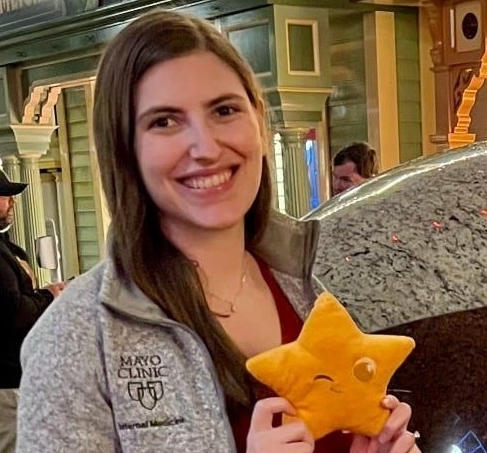
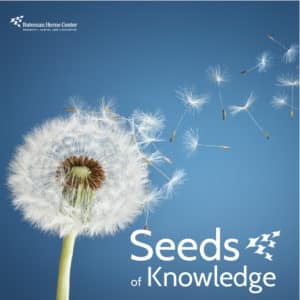
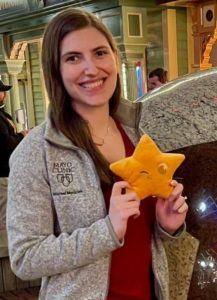
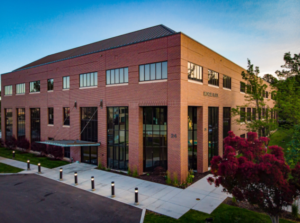
 Lucinda Bateman, MD, is a renowned clinician, researcher, and educator. Her Johns Hopkins University Medical School training instilled an approach to care that she has employed throughout her career - the patient comes first and the unknown or unexplained does not equate to a lack of proper and compassionate care. Since starting her own practice in 2000, she has served on six boards or committees, been the principal investigator for 45 studies, authored/coauthored 40 journal articles, served as adjunct instructor and adjunct assistant professor in the University of Utah Departments of Preventative Medicine, Internal Medicine, and Anesthesiology, and lectured around the world.
Lucinda Bateman, MD, is a renowned clinician, researcher, and educator. Her Johns Hopkins University Medical School training instilled an approach to care that she has employed throughout her career - the patient comes first and the unknown or unexplained does not equate to a lack of proper and compassionate care. Since starting her own practice in 2000, she has served on six boards or committees, been the principal investigator for 45 studies, authored/coauthored 40 journal articles, served as adjunct instructor and adjunct assistant professor in the University of Utah Departments of Preventative Medicine, Internal Medicine, and Anesthesiology, and lectured around the world.